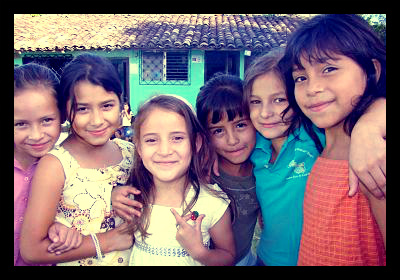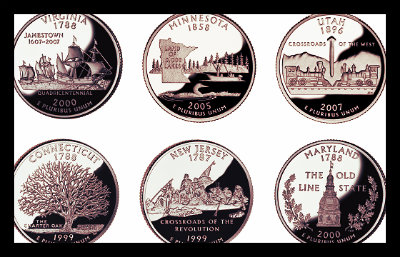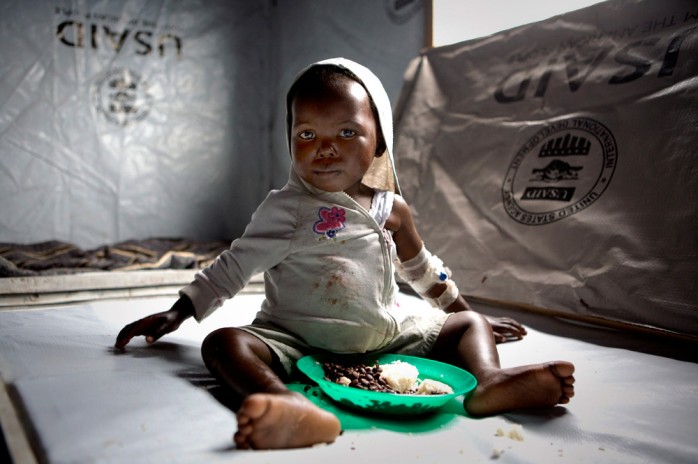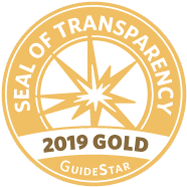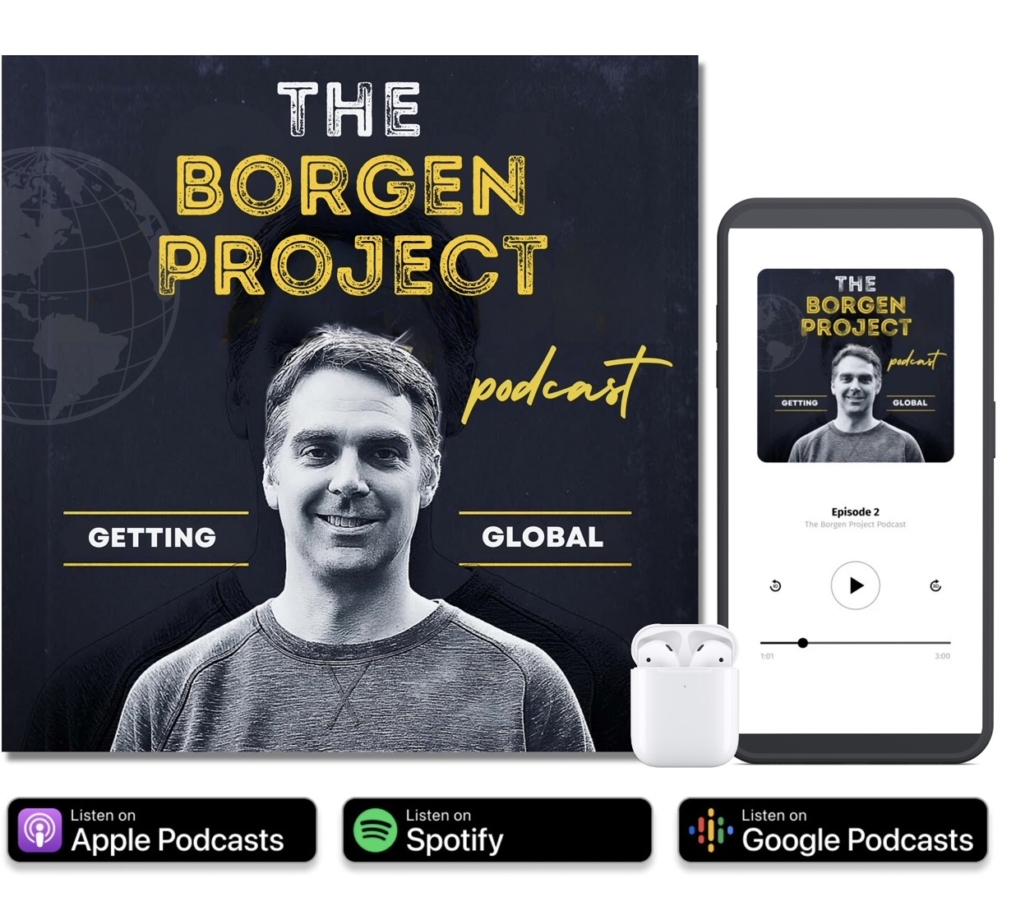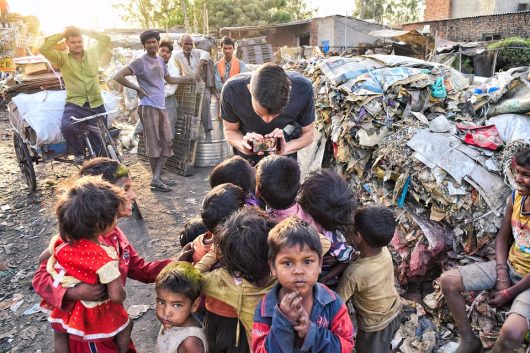
Poverty in the world is a topic constantly present in the news, media and everyday life. With nearly half of the world’s population living on less than $1.25 a day, it can be discouraging to say the least when asking how to stop poverty.
Researchers estimate that it would take $60 billion annually to completely end poverty, which would only be a fourth of the income from the top richest billionaires in the world. But what can be done when there is not as much money to give? Fortunately, there are multiple ways every person can help end poverty.
Donate
The most common but just as helpful step is donating. Multiple websites accept donations to help end poverty. Websites such as Self Help Africa, Habitat for Humanity, and Save the Children use donations to help build new homes, provide clean water and food and help when disaster strikes.
Many of these organizations allow people to volunteer and work hands-on in the program, but if this isn’t an option, donating is a great way to help out. Try searching around for different organizations! There are a lot of programs that work on poverty, and they should state exactly where their donations go.
Talk to Your Representatives
Congress is made up of multiple representatives and senators from all over the country who are there to represent their constituents’ worries, wants and where they believe action should be taken. Calling your representative is a very simple action with huge impacts — plus it only takes about thirty seconds to complete!
You can find the representatives for your area right on the Borgen website. If talking on the phone is a bit stressful, emailing Congress works just as well! Email and/or call every week to continuously encourage Congress to support fighting poverty in foreign countries.
The representatives need to make note on what issues are called in about, and the more calls an issue gets, the more attention and action it will receive at the legislative level.
Clean Out that Pantry and Closet!
No one likes clutter, but it can be difficult to motivate oneself to go through all of those old clothes in the closet. However, by donating, one can remember that it is all going to a good cause! Haven’t worn that sundress in a few years? Do those jeans just not fit right anymore? Give them to someone who could use them!
Sometimes it can be difficult to get rid of things that have sentimental value, but by donating you can be reassured that your old favorite outfit will have another life with someone who could really use it.
The exact same thing can be done with food as well! Check through the cupboards for non-perishable foods that you won’t use and give them to a food bank. This website can help locate the closest food shelf, their hours and how to contact them!
Buy Fair Trade products
There is an unfortunate and dangerous power imbalance between international trade and large corporations. Fair Trade Products, however, works on improving worker conditions, higher wage for the farmers and workers, and works against child and forced labor. The website also includes a list of products, brands and retailers certified under their name.
When asking how to stop poverty, simply switching up the brand of morning coffee or going to a different grocery store is one simple way to help farmers and workers get the living wage they deserve.
Demand Action
Poverty has been a huge crisis in the world for a very long time, and people often find themselves asking how they can stop it. While the question of how to stop poverty is a loaded one with multiple elements, there are little things that anyone can do everyday to help. Donating, volunteering, helping at a food shelf, switching coffee brands — all of these are ways that everyone can help.
As discussed, talking to local representatives and bringing their attention to important issues like poverty is a huge step to helping end it; but sometimes the task can be overwhelming. However, working together, getting involved and communicating with local government can all be catalyzed by just one person. Don’t be discouraged — demand action.
– Marissa Wandzel
Photo: Pixabay





